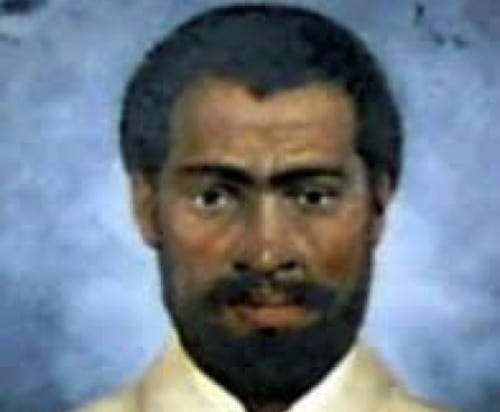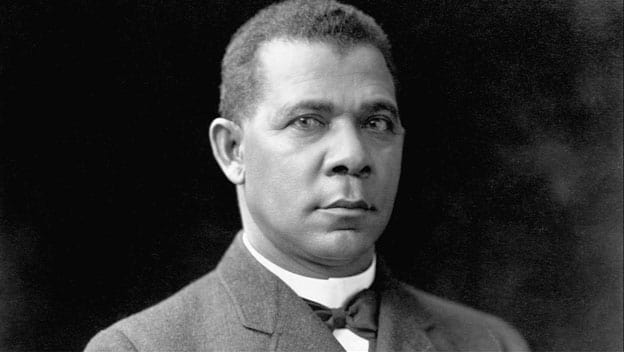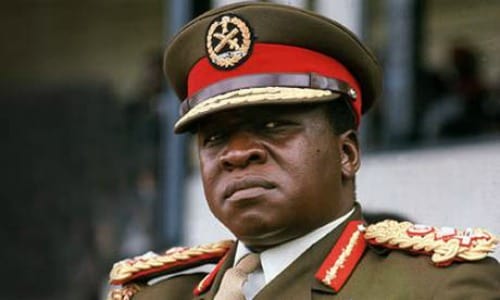Nat Turner was a captive who led a bloody rebellion in August 1831, which prompted an even more violent response from angry Whites in the South. The infamous revolt leader was born on Oct 2, 1800 — and by way of his Ghanaian ancestry — Turner was destined for his path.
Born into slavery, Turner’s father was believed to have escaped to freedom when he was a young boy. Named Nathaniel Turner by Benjamin Turner, the white slave owner, he had close ties with her paternal grandmother, Old Bridget, also owned by the same man. The grandmother was one of the Coromantee people, which was the English name given to Akan captives from Ghana.
Turner was taught to read and write early on, a rarity for slaves in Virginia where he was raised. Religion was also a deep tie for Turner, and he often quoted Bible verses and held sermons. He was dubbed “The Prophet” by locals, even holding sway over Whites with his oratory skills. From his youth, Turner claimed to have visions from God. These visions led to Turner leaving his owner then returning because of what he saw in his dreams.
In May 1828, however, these visions led to Turner believing that God was telling him to rebel against the slave owners and help lead a rebellion.
“I heard a loud noise in the heavens, and the Spirit instantly appeared to me and said the Serpent was loosened, and Christ had laid down the yoke he had borne for the sins of men, and that I should take it on and fight against the Serpent, for the time was fast approaching when the first should be last and the last should be first… And by signs in the heavens that it would make known to me when I should commence the great work, and until the first sign appeared I should conceal it from the knowledge of men; and on the appearance of the sign… I should arise and prepare myself and slay my enemies with their own weapons.”
In 1830, Turner was given to another owner, a young child who had a surrogate run his affairs. The following year, there was a solar eclipse and Turner took that as another sign from the heavens to begin the rebellion he dreamed of in 1828.
With four trusted men, he began to plan the uprising for Independence Day in 1831. Turner fell ill, however, and the uprising was put on hold.
On August 13th, another weather event happened in the skies and Turner used that as the final signal that it was time.
On August 21, Turner and six others met to plan. In the wee hours of the morning, Turner and the others slew his new masters and their entire family. The group went from house to house, killing White families in their slumber. Eventually, Turner’s group grew to 40 slaves.
Later on August 22, the group marched toward the town of Jerusalem. The Whites by then were alerted of the slave rebellion and met them with weapons. Outgunned and out-manned, Turner’s group scattered and largely escaped. After hiding and clashing with the White militia throughout the day, Turner’s force killed at least 55 Whites.
Turner remained on the run until October 30th when a farmer by the name Benjamin Phipps found him hidden in a hole covered with fence rails. He apparently confessed to a lawyer, Thomas Ruffin Gray, which was eventually written in the first person to portray Turner’s voice.

Nat Turner confession
He sat in the county jail and was sentenced to death by hanging on November 5th.
The execution and subsequent skinning of his body took place on November 11.
Another 55 rebels were executed by Virginia authorities, and hundreds more sent into exile. Some were excused and sent back to doing slave work. Because of the uprising, Whites took out their anger on innocent Black people, killing close to 200. Even slaves who were in far away states were accused of being part of Turner’s plan with no proof and were also executed.
According to historians, Virginia was close to abolishing slavery but a vote kept the racist practice in place. As expected, the oppression of slaves worsened in the aftermath of the Turner rebellion.











